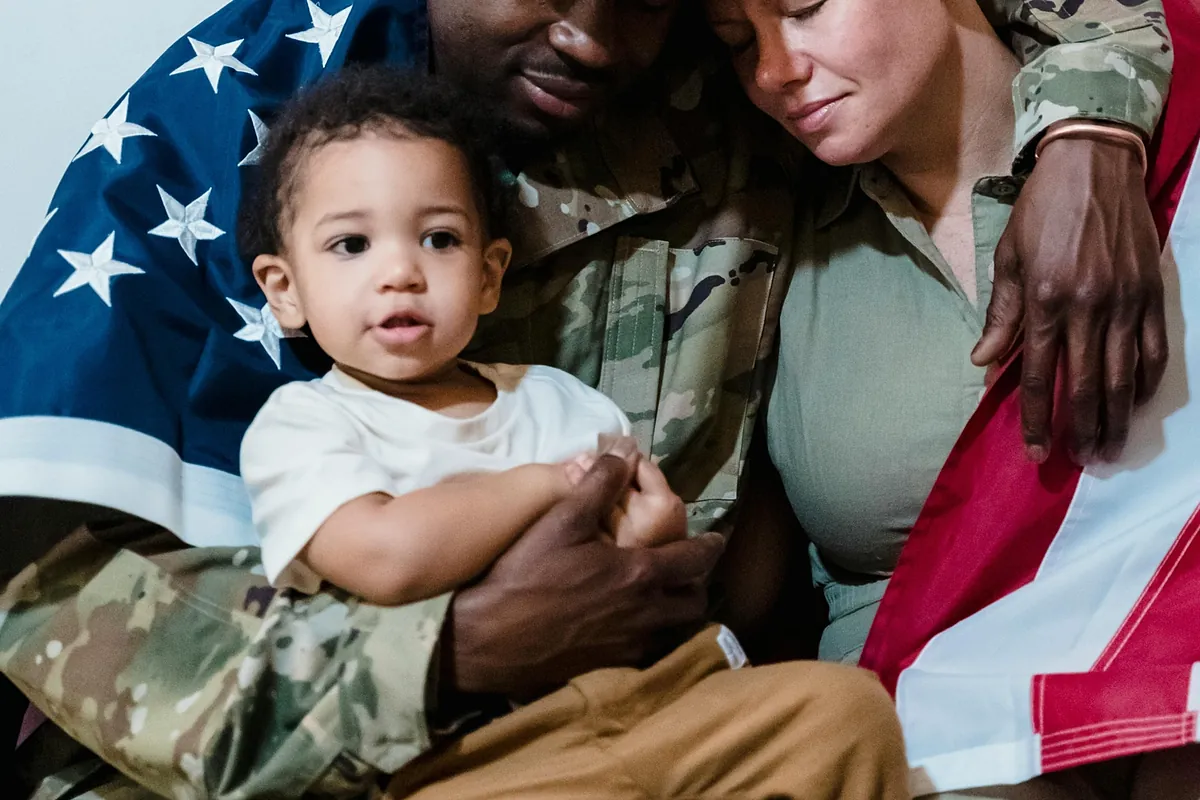

When aveteran passes away, it’s not just spouses who may qualify for VA survivor benefits. Children-including adopted and even adult children who became permanently disabled before turning 18-might also be eligible for monthly compensation or pension support. But understanding how and when those benefits apply isn’t always straightforward.
How to pick stocks and invest smart
For surviving children, two key VA programs come into play: Dependency and Indemnity Compensation (DIC) and the Survivors Pension. Both offer monthly financial support, but they have different eligibility requirements and payout structures.
What you could be getting each month (and how to know if you qualify)
To receive DIC, a child must be under 18, or under 23 if they’re in school full-time. There’s also support for “helpless children”-those who became permanently disabled before adulthood. In 2025, the VA pays $409.53 each month to eligible children, with an extra $350 monthly for the first two years after the veteran’s death.
For the Survivors Pension, the eligibility is based more on need. A child must meet the age or disability rules and have limited income. The VA sets a flat annual rate of $2,902-if a child’s income is below that, they may qualify for monthly payments that fill the gap. It’s simpler than the spouse’s version of the pension, which adjusts based on household details and other benefits.
Surviving parents, while also eligible for DIC under certain income limits (around $19,000/year), can’t receive a survivors pension. That’s reserved only for spouses and children.
The VA updates these rates each year, and keeping up with those changes matters. According to the VA’s official Survivors Benefits page, even descendants of veterans from as far back as the Spanish-American War are still receiving support. In fact, as of late 2023, 14 surviving children from that era were still on the rolls.
If you’re unsure whether you qualify-or how much you might receive-tools on the VA.gov website can help you calculate your benefits. And if you need help applying, organizations like the Disabled American Veterans (DAV) or NVLSP offer guidance at no cost.
This news was originally published on this post .








Be the first to leave a comment